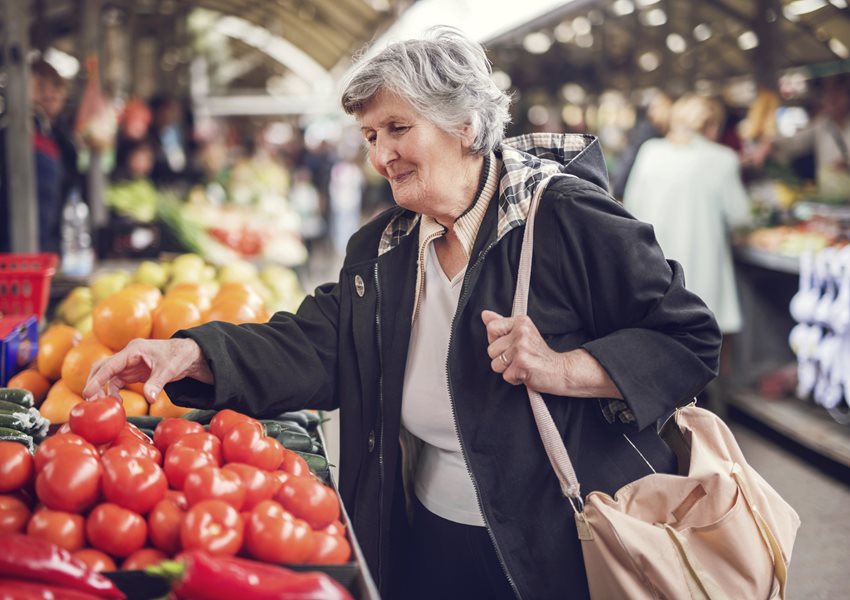Caring for someone who lives alone
Each person with dementia is unique and so is the situation in which they find themselves. While most people live with a partner or in some type of family situation, increasingly many people live alone.

A diagnosis of dementia does not automatically mean people are immediately incapable of caring for themselves. Helping a person to stay in their home, in familiar surroundings, for as long as possible is a worthwhile goal. However, because there are some risks associated with that, it can be very worrying for the people who care about them.
The type of support needed depends on the individual situation. A person with dementia living alone may:
- Forget to cook regular meals
- Miss taking prescribed medication or take too much medication
- Forget to bathe or change their clothes regularly
- Have a lack awareness of potentially hazardous situations, such as fire or electrical appliances
- Miss paying bills such as power, rates
- Show poor judgment about who they let into the house
- Forget to feed or care for pets
- Have unrealistic ideas or suspicions that can lead to trouble with neighbours, the police or the community.
Some of these situations may be able to be dealt with fairly simply. For instance, if the person is forgetting to prepare meals, arrange for delivered meals, such as meals-on-wheels, and make a phone call or arrange a visit to remind them to eat the meal. If the person is receiving home based support, the support worker can help with giving reminders to eat or heating prepared meals.
When someone is diagnosed with dementia a team of people usually becomes involved in their medical care and support. Talk to those people, as well as other family/ whānau and friends, and work out a plan of how to best support them to stay living at home for as long as possible.
Some situations, however, may compromise the person’s safety and wellbeing and a move to more supervised care may be a better, safer option.
-

Booklet: Supporting a person with dementia
A guide for family/whānau and friends
This booklet gives you information and tips on helping a person with dementia with their personal care, such as washing and dressing, nutrition, sleeping and travelling, as well as communication and ideas for meaningful activities and ways you can look after yourself – which is very important, too.

